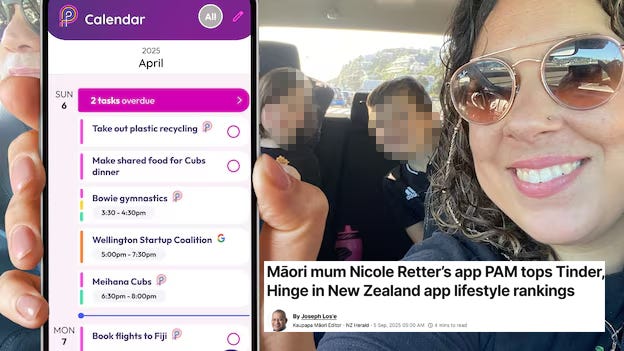Why do NZ newsrooms celebrate Māori identity in every success story?
But go silent on ethnicity when the story involves crime?
I woke up early this morning, checked the latest RSS feeds on one of my monitors, and as usual around 5am, New Zealand newsrooms were busy rolling out their fresh scheduled headlines. One of them stood out: “Māori mum Nicole Retter’s app PAM tops Tinder, Hinge in New Zealand app lifestyle rankings.”
Honestly, good on Nicole Retter. That’s a fantastic achievement, and she should be proud of herself. But this isn’t about her, it’s about the New Zealand media, this time the NZ Herald.
I’ve written about this before, and I’ll write about it again. If the media truly wants to end division, why does it insist on putting ethnicity front and centre whenever it suits? If it were a white woman from Tauranga, the headline wouldn’t read “White mum from Tauranga releases app.” Yet, whenever a Māori person does something positive, their ethnicity is explicitly highlighted, often with their iwi included, even if their Māori heritage is a distant fraction.
The pattern becomes even more glaring when you look at how crime is reported. That same ethnic labelling almost never appears when someone commits a crime. It’s reserved for positive stories, as though the media is desperate to manufacture a feel-good cultural angle.
To highlight the inconsistency, I applied the approach across other headlines this morning by imagining what it would look like if every subject’s ethnicity was announced. Unsurprisingly, it looks absurd.
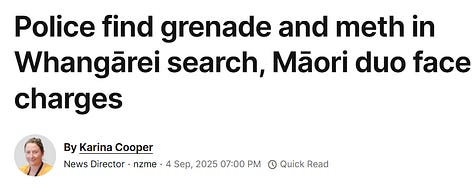
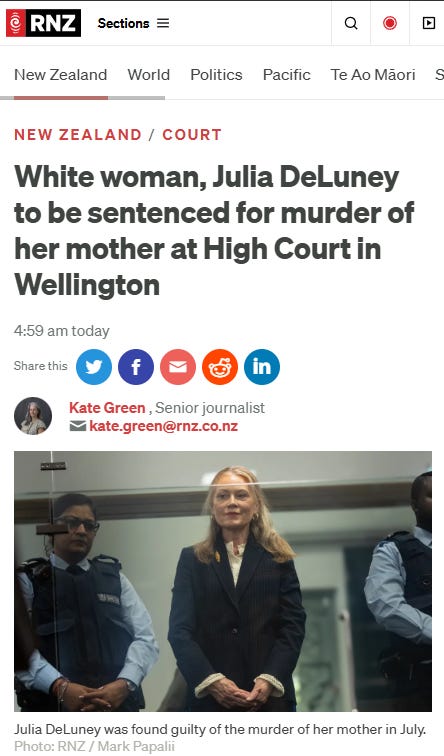
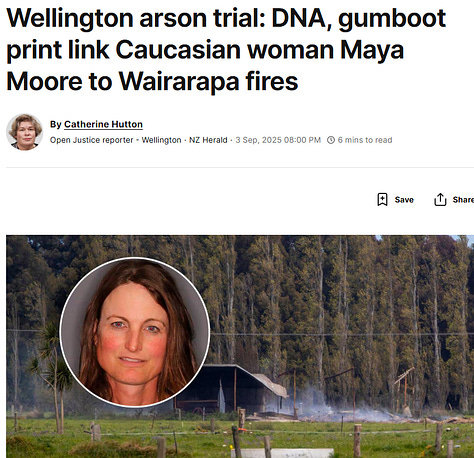
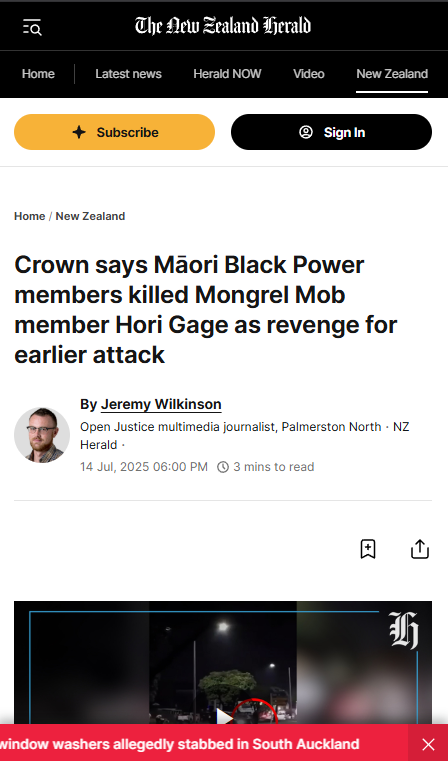
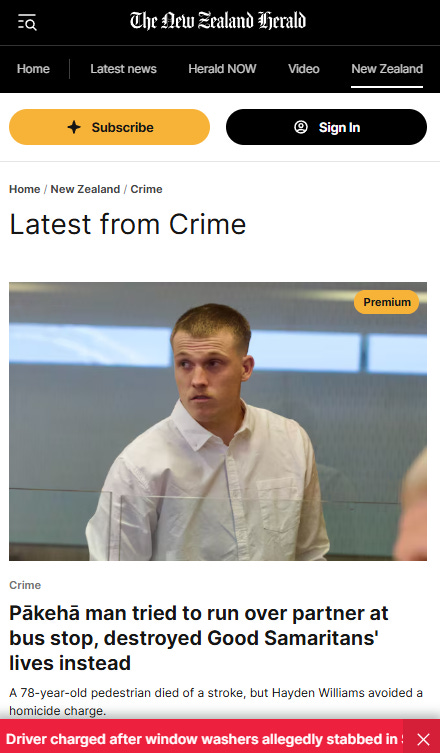
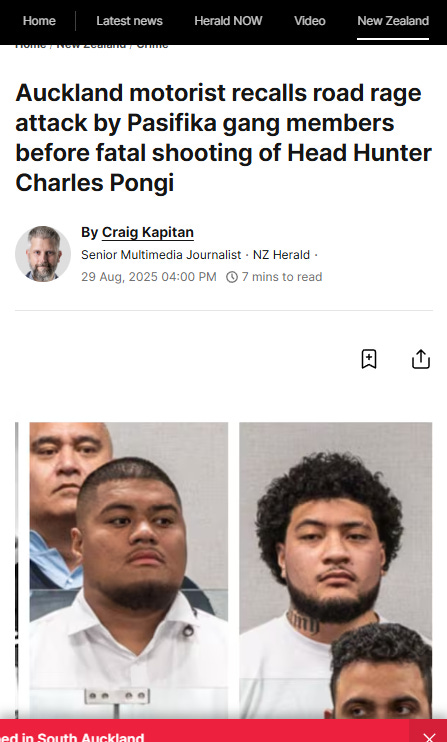
The media picks and chooses when ethnicity matters. If the person is Māori and the story is positive, their background is celebrated and magnified. If they’re Pākehā, Asian, or any other background, ethnicity is never mentioned, unless it’s in the context of racism.
This isn’t about taking away from Nicole Retter’s success. Creating an app that tops Tinder and Hinge in New Zealand is a major accomplishment for anyone, regardless of whether they are Māori, Pākehā, Asian or Pasifika. However, the media’s obsession with framing stories through the lens of Māori identity only fuels division, not unity.
If the Herald and others want to report fairly, they need to decide. Either ethnicity matters in every story, good or bad, or it doesn’t matter at all. Right now, the inconsistency tells us more about the media’s agenda than it does about the people they report on.
For paid subscribers
Alright, I thought I’d share a few personal thoughts with my paid subscribers. Like I said in the article, Nicole Retter’s success is no small feat. To have her app rise above Hinge and Tinder in New Zealand is a massive achievement, and she deserves full credit for it.



